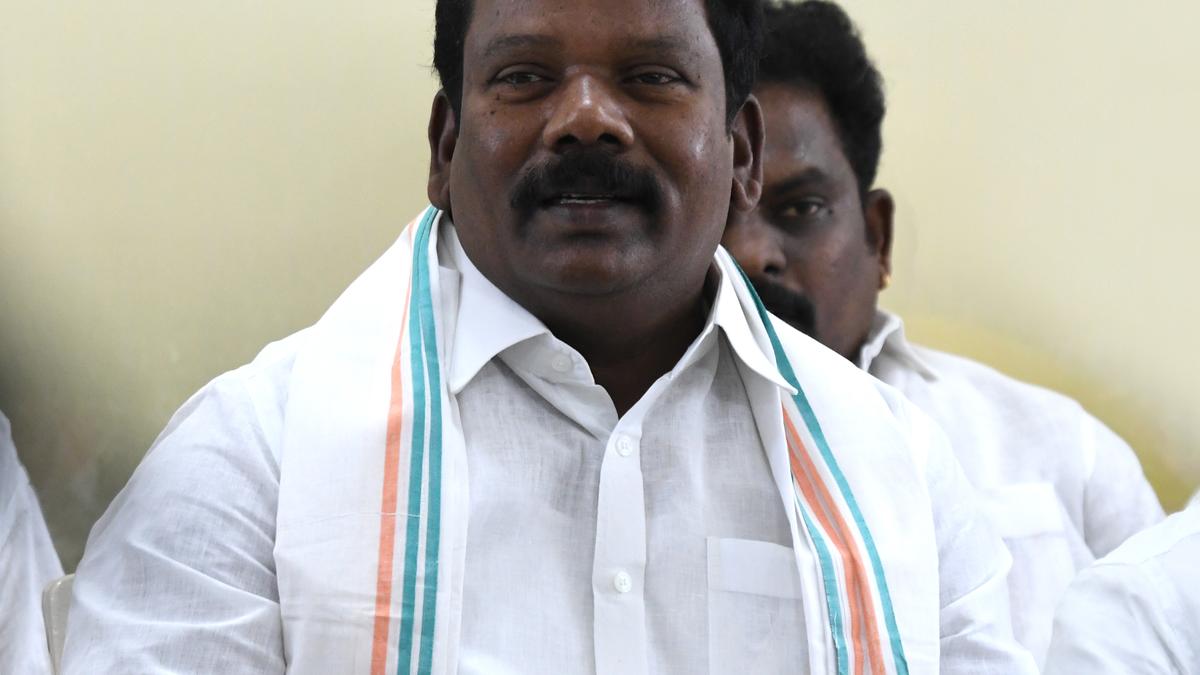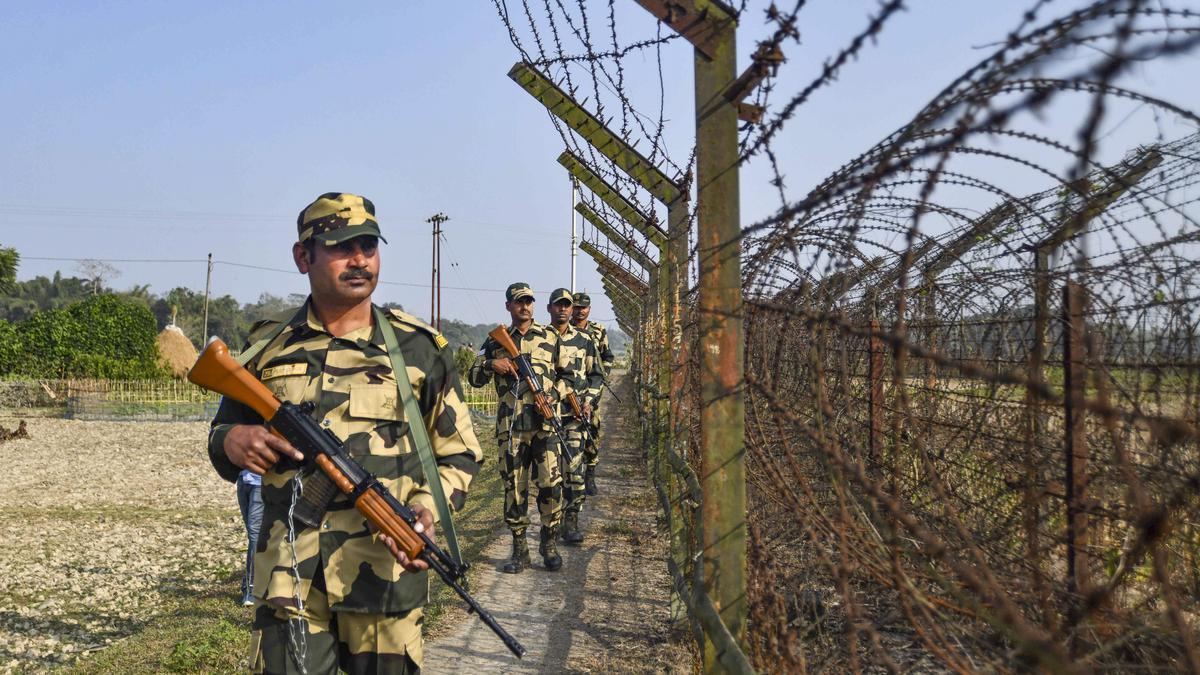In a significant move, the State Human Rights Commission (SHRC) has directed the Karnataka government to hold a comprehensive survey of Devadasis in Karnataka to ascertain their exact number in the State, within the next four months.
Earlier surveys
While earlier surveys in 1993-1994 and 2007-2008 had put the number of Devadasis in Karnataka at 22,873 and 46,660 respectively, the commission has noted that there is a need to ascertain exact number of Devadasis in the State for issuing necessary recommendations, and take steps to eradicate the system completely.
In its order dated June 23, the commission has said that the survey has to be conducted by the Women and Child Development Department to identify the number of Devadasis, and to submit district-wise report before October 24, 2025.
“The survey should also count their family members. The district level and state level survey committees should have representation of Devadasis and their families,” said R.V. Chandrashekar, a researcher at National Law School of India University (NLSIU), welcoming the decision.
Families not covered
He said that the previous two surveys had not covered the families, and they had also left out a large number of Devadasis. “First survey considered only those born 10 years before 1982 and the second survey considered those born before 1982. There should be no condition on age limit in this survey. Devadasis under all age groups should be surveyed. We believe that many have been initiated as Devadasis even after its ban was implemented in 1982,” said Mr. Chandrashekar. He was the petitioner before the SHRC that had also taken up the Devadasi issue suo-motu.
The Devadasi system in Karnataka has been prevalent historically, in which women were dedicated to temples mostly as musicians and dancers, but had turned exploitative over time. The erstwhile Maharajas of Mysore were among the earliest to ban the practice in 1907-1908, and the State government banned it in 1982 through the Karnataka Devadasis (Prohibition of Dedication) Act, 1982. Currently, Devadasis are found in 14 districts of Kittur Karnataka and Kalyana Karnataka regions, often living in poverty and facing stigma.
According to Mr. Chandrashekar, the effort to uplift Devadasis should not have a piecemeal approach. “A one-time comprehensive rehabilitation has the potential to eradicate the evil completely,” he argued. He said their study showed that between 1990 and 2024, about 24,284 Devadasi women had received benefits. “Of the total 46,600 Devadasis identified in the 2007 survey, 22,376 Devadasis have not received any relief. There is no information on those who have died.”



.png)
.png)
.png)
















 4 hours ago
3
4 hours ago
3









 English (US) ·
English (US) ·